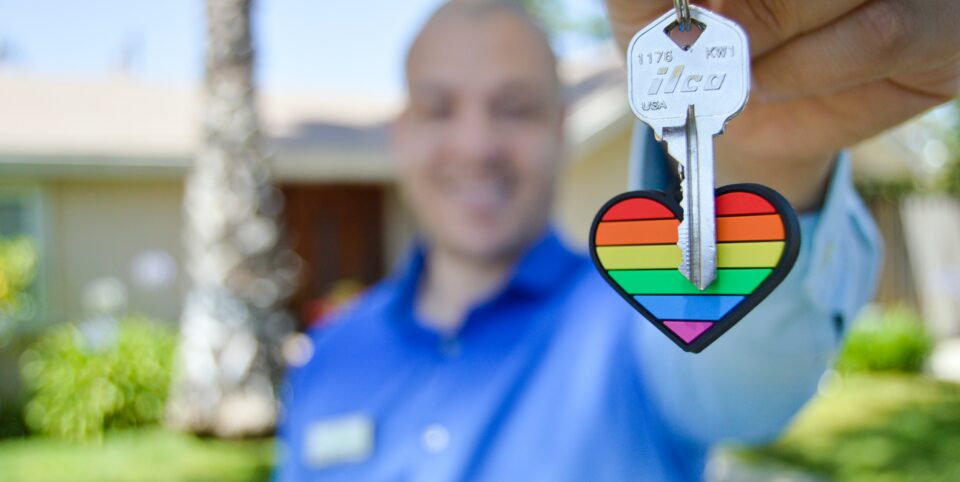Contact
020 7953 7040
info@ccameron.co.uk
Charles Cameron & Associates
Blackfriars Foundry
154-156 Blackfriars Road
London SE1 8EN
Landlord licensing
June 9, 2022
Information published was correct at the time of writing
The UK is a very mixed picture when it comes to licensing

ONE OF THE MOST complex sides to life as a landlord is the controversial subject of licensing. Private landlords in parts of some cities must obtain a licence for their properties from the local authority. Commencing April 2022, 11 new landlord licensing schemes came into effect across the country. Landlords who don’t comply could face significant fines as high as £30,000.
Licences typically last for five years, and cost between £400 and £1,000, depending on the council; usually, a licence must be obtained for each property owned. Licences can be another cost to factor into a landlord’s operating outgoings. But they don’t apply to everyone, though, so it’s important to be aware of your local requirements.
SELECTIVE SCHEMES APPLY TO LANDLORDS
Landlord licences must be obtained for certain property types – namely, large house in multiple occupation (HMO) – as well as in certain areas for any property type being let out. These additional and selective schemes apply to all landlords operating in a designated area, or across a whole authority.
The schemes can appear complicated for buy-to-let operators, as the rules vary depending on where the property is based. There are not only more schemes to look out for, enforcement through fines and Rent Repayment Orders (RROs) are also increasing, so it’s important agents act to protect themselves, landlord customers and their tenants.
OBTAINING A MANDATORY LICENCE
There is no central database to show all schemes to help landlords decide what rules apply to them. Every landlord must look into this with their local authority before letting a property out, and follow the rules in their area accordingly. Landlords who run large HMOs will need to obtain a mandatory licence. This applies to a property let to three or more unrelated people from two or more separate households. Those who own small HMOs may also be required to get a licence, depending on the local authority rules. The same goes for normal buy-to-let properties in certain areas.
Don’t forget, our professional, friendly advisers are on hand to support you and can help you explore all of your options.



